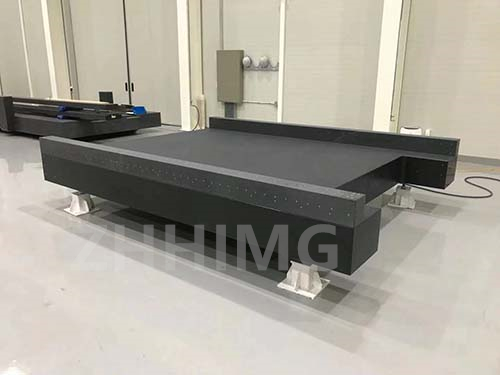PCB drilling and milling machines are highly important tools in the process of manufacturing printed circuit boards (PCBs). One of the key components of these machines is the use of granite, which provides a stable and durable surface for the drilling and milling process. However, there are instances where granite may not be available or the manufacturer may not prefer to use it.
In such cases, there are alternative materials that can be used, such as aluminum, cast iron, and steel. These materials are common in the manufacturing industry and have been used as a substitute for granite in various applications.
Aluminum is an excellent alternative to granite, and it is lighter, which makes it easier to move around. It is also relatively cheaper compared to granite, making it accessible for manufacturers who want to reduce costs. Its low thermal conductivity makes it less prone to heat issues during drilling and milling operations.
Another suitable material is cast iron, which is the most common material used in the construction of machine tools. Cast iron is incredibly rigid, and it has excellent damping properties that prevent vibration during the drilling and milling process. It also retains heat well, making it ideal for high-speed operations.
Steel is another material that can be used in place of granite. It is strong, durable, and provides excellent stability during drilling and milling operations. Its thermal conductivity is also commendable, which means it can transfer heat away from the machine, reducing the chances of overheating.
It is worth mentioning that while there are alternative materials that can replace granite in PCB drilling and milling machines, each material has its advantages and disadvantages. Therefore, the choice of material to use will ultimately depend on the specific requirements of a manufacturer.
In conclusion, PCB drilling and milling machines are critical tools in the manufacture of printed circuit boards, and they must have stable and durable components. Granite has been the go-to material, but there are substitute materials such as aluminum, cast iron, and steel that can provide similar benefits. Manufacturers can choose the most suitable material based on their specific requirements and budget.
Post time: Mar-18-2024

